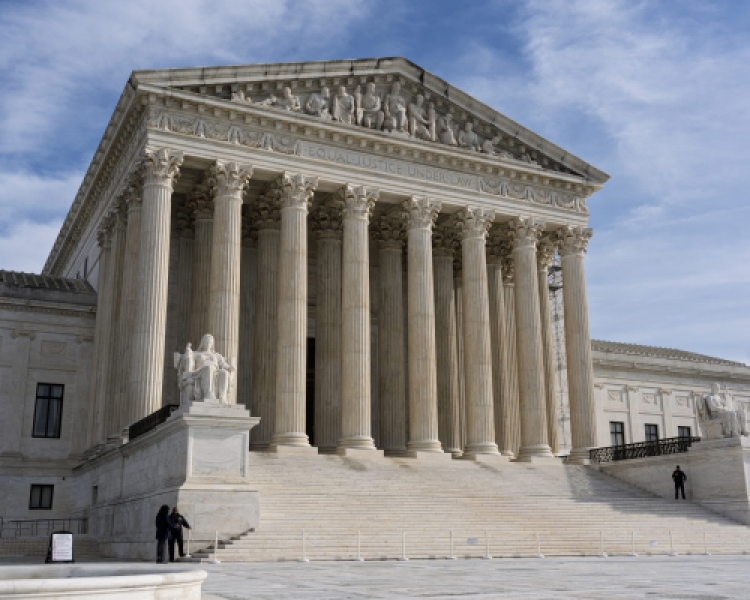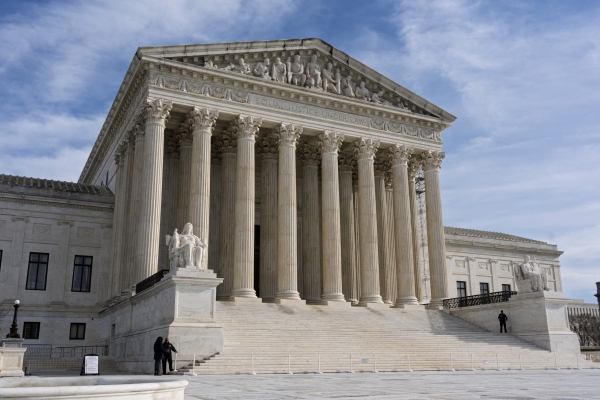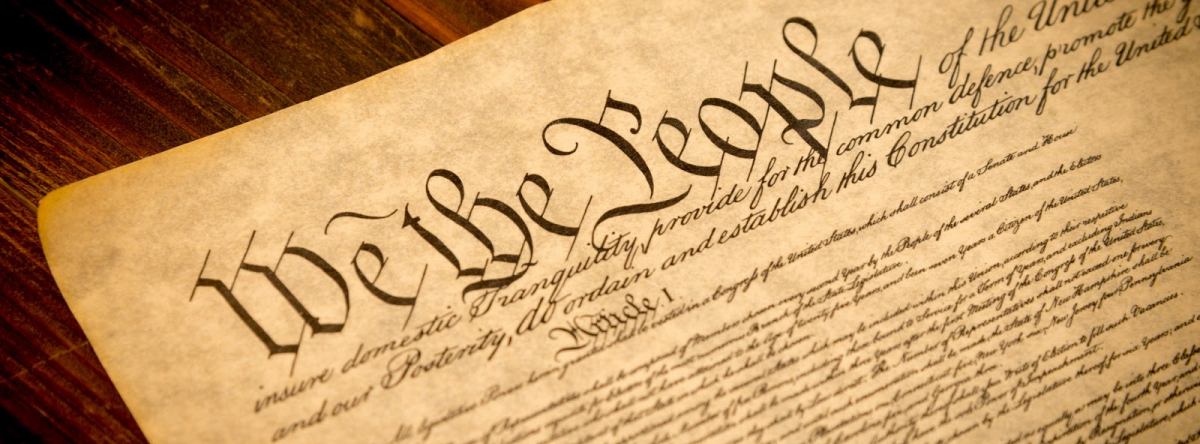The Supreme Court said Monday it would take an Illinois case challenging the validity of mail ballots that arrive past Election Day.
The case is an appeal from Judicial Watch (JW) on behalf of Congressman Mike Bost (R-IL) and two presidential electors, challenging an Illinois law that allows mail-in ballots to be counted up to 14 days after Election Day, provided they are postmarked or certified by Election Day.
16 states, including Washington State and D.C., have laws that allow ballots to be received and counted after Election Day if postmarked on or before Election Day.
The case, initially filed in May 2022, argues that the law violates federal law by establishing a single national Election Day, thereby undermining voter confidence and allowing for potential fraud.
The U.S. District Court for the Northern District of Illinois and the Seventh Circuit Court of Appeals previously dismissed the case, ruling that Bost and the other plaintiffs lacked standing, as they did not demonstrate an injury.
Federal law defines Election Day as the first Tuesday after the first Monday in November of every even-numbered year. The JW complaint says: Despite Congress’ clear statement regarding a single national Election Day, Illinois has expanded Election Day by extending by 14 days the date for receipt and counting of vote-by-mail ballots.
JW is saying: It is an injustice that the courts would deny a federal candidate the ability to challenge an election provision that could lead to illegal votes being cast and counted for two weeks AFTER Election Day. The Supreme Court’s decision to hear this case is a critical opportunity to uphold federal law, protect voter rights, and ensure election integrity. Illinois’ 14-day extension of Election Day thwarts federal law, violates the civil rights of voters and invites fraud.
In the petition to SCOTUS, JW stated:
For over 130 years, this Court has heard claims brought by federal candidates challenging state time, place, or manner regulations affecting their federal elections. Until recently, it was axiomatic that candidates had standing to challenge these regulations. Indeed, “it’s hard to imagine anyone who has a more particularized injury than the candidate has.” … That is because a candidate who pours money and sweat into a campaign, who spends time away from her job and family to traverse the campaign trail, and who puts her name on a ballot has an undeniably different— and more particularized—interest…
SCOTUS will focus on whether Bost, as a candidate, has legal standing to challenge the state’s election law. Arguments are expected to start in October 2025. A favorable ruling for Bost could require lower courts to reconsider the merits of mail-in voting laws.
Bost said, "With the American people's confidence in our elections at a discouraging low point, it's more important than ever we work to restore their trust. I believe a big part of that effort is ensuring all votes are tallied by Election Day, not days or weeks later. I am thankful the Supreme Court has agreed to hear my appeal of Illinois' election law."
OF NOTE: JW was victorious in a related election case decided Oct. 25, 2024, where the Fifth Circuit Court of Appeals Ruled Unanimously: In that case, Judge Oldham wrote, Federal law requires voters to take timely steps to vote by Election Day, and Federal law does not permit the State of Mississippi to extend the period for voting by 1 day, 5 days, or 100 days. The date elections officials receive the ballot is all that matters. The date of mailing and postmark are irrelevant. If a ballot hasn’t been received by election day, it’s too late.
Share This Post...











